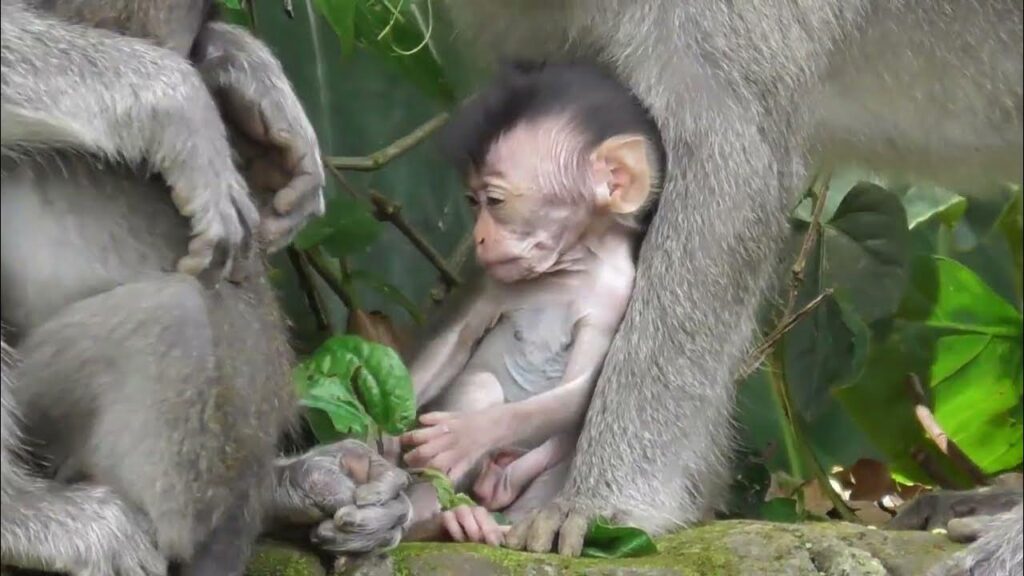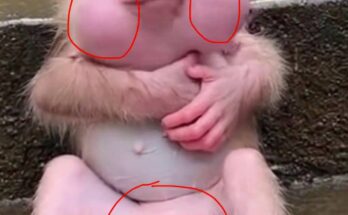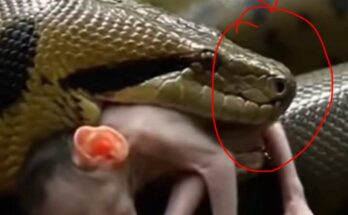
The little monkey had seen the village children at the forest edge sipping warm milk in the mornings. Their happy faces, their soft giggles as they wiped their milk moustaches—it stirred something inside him. He didn’t crave sweets or fruits like the others. All he wanted was that soft, creamy, comforting taste of milk. But no one ever offered it.
This became a quiet pain in his tiny heart. While the others feasted on mangoes and bananas, he sat on a rock, eyes fixed on the distant village huts. He imagined himself with a little steel cup, holding it in both hands, sipping slowly as the warm liquid soothed his tiny body. But every day, he woke up to the same reality—no milk, no kindness, only longing.
This is not just a story about a monkey. It is a symbolic tale of unfulfilled desires that live inside many of us. The little monkey represents those who dream quietly, whose needs are small but often ignored. He doesn’t throw tantrums. He doesn’t steal. He simply hopes. And sometimes, that silent hope is the saddest thing in the world.
How many little monkeys live among us—children in remote areas wanting books, love, or attention? How many people ask for something as basic as nourishment or care but are denied simply because no one notices their silent plea? The little monkey’s story reminds us that pity is not enough—empathy must lead to action.
As the seasons changed, the little monkey grew used to disappointment. But the dream never left him. One day, an old woman from the village walked into the forest with a bowl of milk. She had seen him from afar, sitting alone, and something in her heart moved. Without a word, she placed the bowl near the rock and left.
The monkey sniffed the air, his eyes wide. Could it be true? He crept forward slowly, unsure. Then, he dipped his tongue in the milk—and for the first time, his eyes lit up with joy. It was warm. It was real. It was everything he had imagined.
This simple act—a bowl of milk—became a moment of magic. Not just for the monkey, but for the human heart that chose to notice and respond.
In the end, the ode is not one of pity, but of possibility. Because kindness, when shared, turns longing into joy—even for a little monkey who just wanted some milk.


